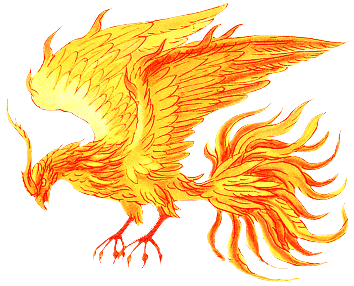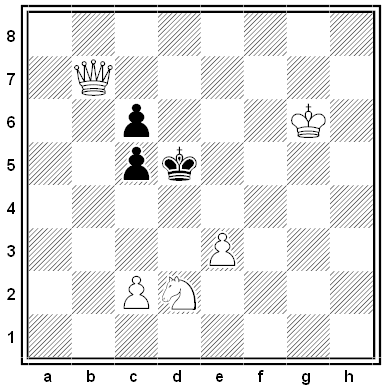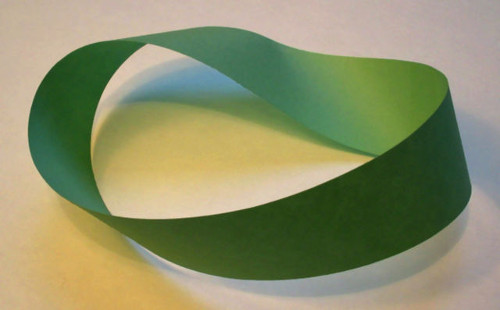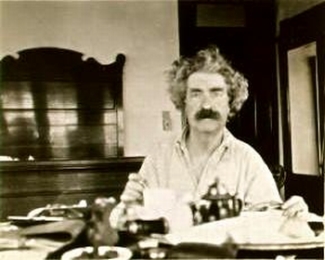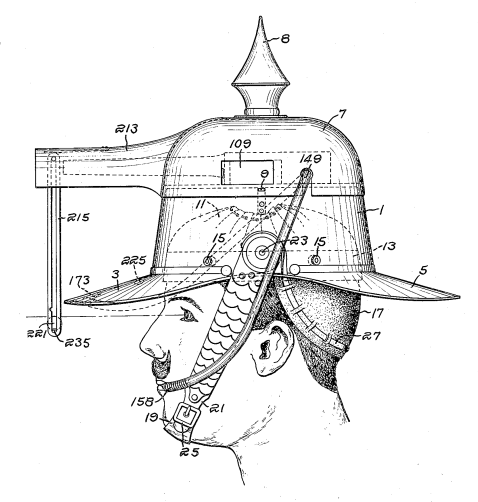
More maxims of La Rochefoucauld:
- “Those who are deceived by our Cunning don’t appear near so ridiculous to us, as we seem to ourselves, when deceived by the Cunning of others.”
- “The World oftner rewards the Appearance of Merit than Merit itself.”
- “The Calm, or Disquiet, of our Temper depends not so much on Affairs of Moment; as on an agreeable, or disagreeable, Disposition of the Trifles that daily occur.”
- “In Misfortunes we often mistake Dejection for Constancy; and we bear them, without daring to look on them; as Cowards suffer themselves to be kill’d, without Resistance.”
- “How brilliant soever an Action may be, it ought not to pass for Great when it is not the Effect of a Great Design.”
- “There are Crimes which become innocent, and even glorious, thro their Splendor, Number, and Excess: Hence it is, that public theft is call’d Address; and to seize on Provinces unjustly, to make Conquests.”
- “‘Tis easier to appear worthy of the Employments we have not, than of those we have.”
- “‘Tis difficult to love those we don’t esteem; but ’tis no less difficult to love those we esteem much more than ourselves.”
- “Every body speaks well of his Heart, but no body dares speak well of his Head.”
- “Flattery is a sort of bad Money to which our Vanity gives Currency.”
- “Those who are incapable of great Crimes don’t readily suspect others of them.”
- “Fortune breaks us of many Faults, which Reason cannot.”
- “We easily excuse in our Friends the Faults that don’t affect us.”
- “None are so happy, or unhappy, as they imagine.”


